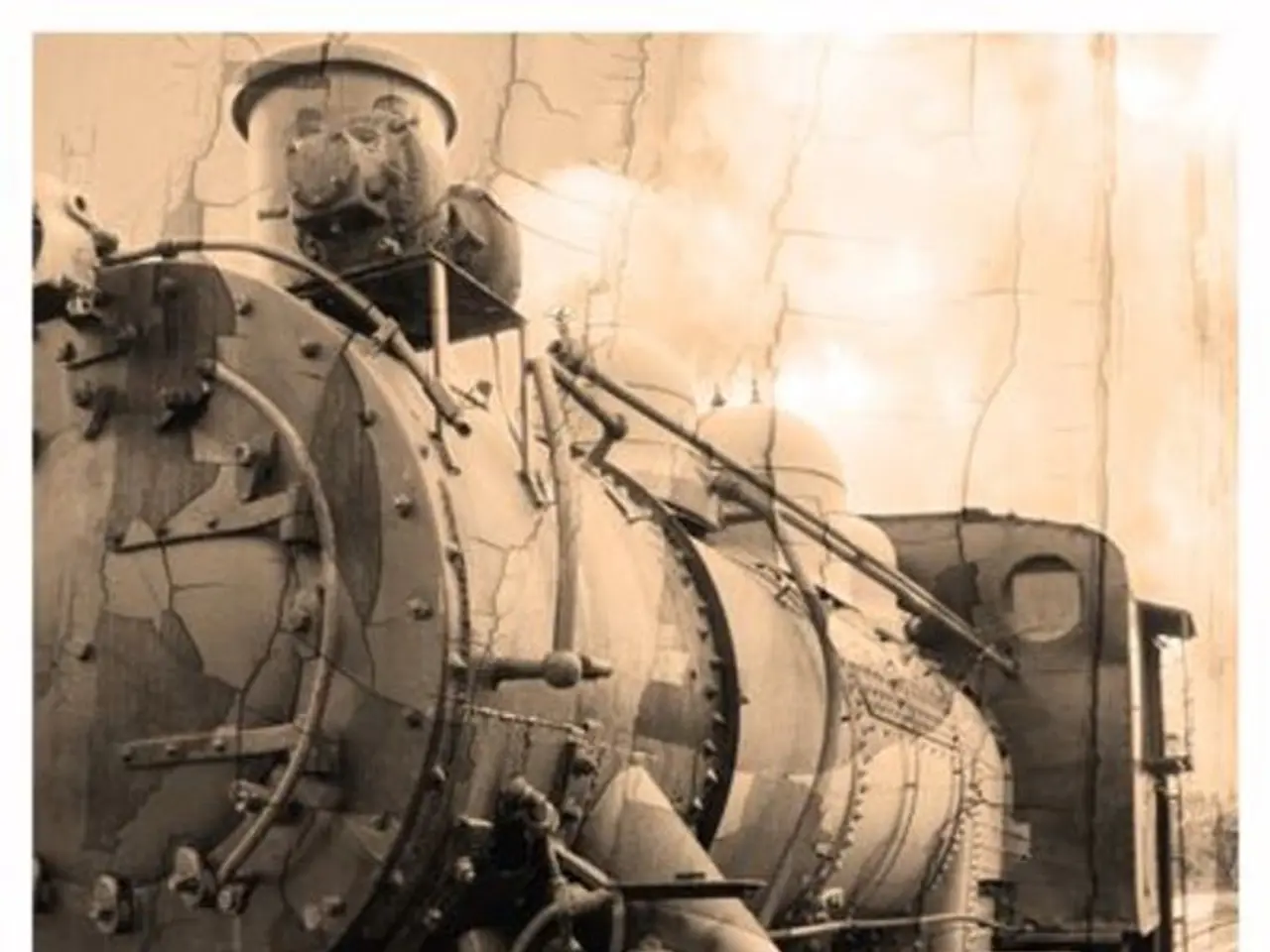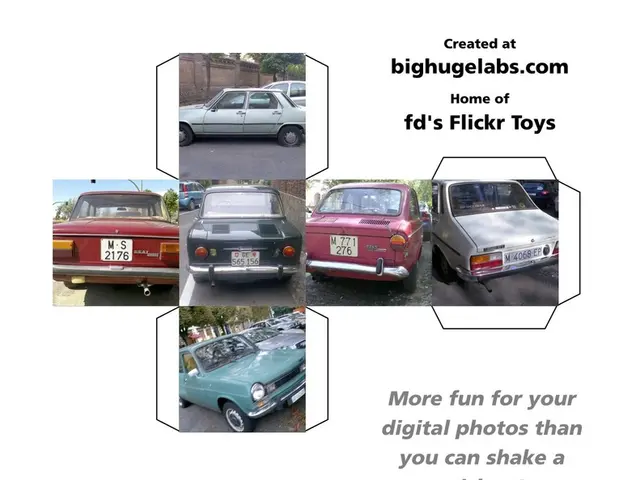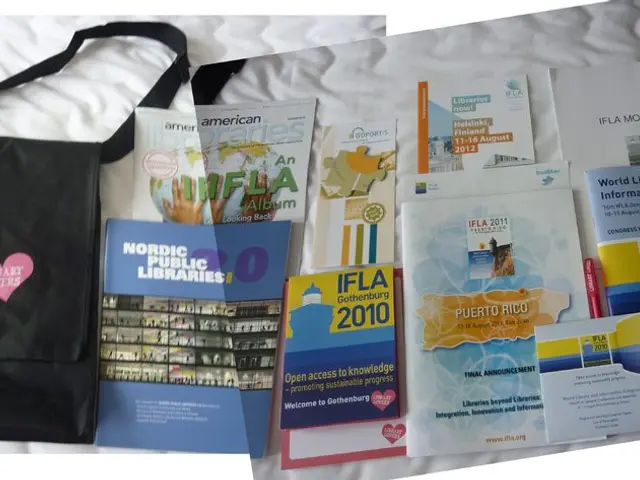Uber Freight's conference emphasizes artificial intelligence, tariffs, and the concept of "profitless prosperity"
Uber's Deliver 2025 conference, held in Jacksonville, Florida, recently brought together industry experts and shippers to discuss the ride-hailing giant's vision for the future. Dara Khosrowshahi, Uber's CEO, outlined his plans for growth, focusing on freight investment, the potential of AI, and the role of autonomous vehicles.
According to Khosrowshahi, freight remains a long-term bet for Uber. The company continues to invest in end-to-end logistics, seeing AI as a differentiator in the freight industry. Uber Freight is expected to rise, but operators will need to fight for margins in what Brian Beaulieu, CEO of ITR Economics, calls an era of "profitless prosperity".
Tariffs, however, are contributing to inflationary pressure, according to an Uber economist. The weighted average U.S. tariff rate has climbed to 16.4%, the highest level since the 1930s. Tariffs mainly affect commodities like clothing, apparel, footwear, leather, etc., but industrial inputs, including machinery, metals, minerals, and electrical equipment, are also being hit. This inflation could lead to a $2,000 loss in household income per year, as per Mazen Danaf.
Uber's focus on freight extends to partnerships with companies like Waymo and Aurora to be at the forefront of the shift towards autonomous vehicles. Autonomous vehicles, as per Khosrowshahi, could significantly improve safety and lower costs. Uber's partner working with Waymo and Aurora to promote the development of autonomous vehicles is Waymo itself, as Uber announced a partnership with Waymo to integrate its autonomous technology into Uber's freight truck service.
Uber operates three platforms: Uber (ride-hailing), Uber Freight (logistics), and Uber Eats (food and goods delivery). Uber Eats has grown into a marketplace delivering various items like groceries, electronics, and cosmetics. The company is also expanding affordable mobility options such as two- and three-wheeler rides in Brazil and Mexico.
Khosrowshahi's vision for Uber's next chapter also includes growth at scale. Uber is running at a $200 billion annualized rate across its businesses. Freight activity is expected to rise, but operators will need to normalize modest annual price hikes and brace for higher costs driven by labor scarcity, fiscal deficits, and rising electricity demand from data centers.
In conclusion, the Deliver 2025 conference provided insights into Uber's strategic plans for the future. With a focus on freight, autonomous vehicles, and AI, Uber aims to continue its growth and remain a key player in the logistics industry. Despite the challenges posed by tariffs and inflation, Uber is well-positioned to navigate these complexities and deliver value to its customers and shareholders.
Read also:
- EPA Administrator Zeldin travels to Iowa, reveals fresh EPA DEF guidelines, attends State Fair, commemorates One Big Beautiful Bill
- Musk announces intention to sue Apple for overlooking X and Grok in the top app listings
- Cybertruck's Disappointing Setback, Musk's New Policy, Mega-Pack Triumphs, Model Y's Anticipated Upgrade Prior to Refresh (Week of January 25 for Tesla)
- Innovative Company ILiAD Technologies Introduces ILiAD+: Boosting Direct Lithium Extraction Technology's Efficiency Substantially







